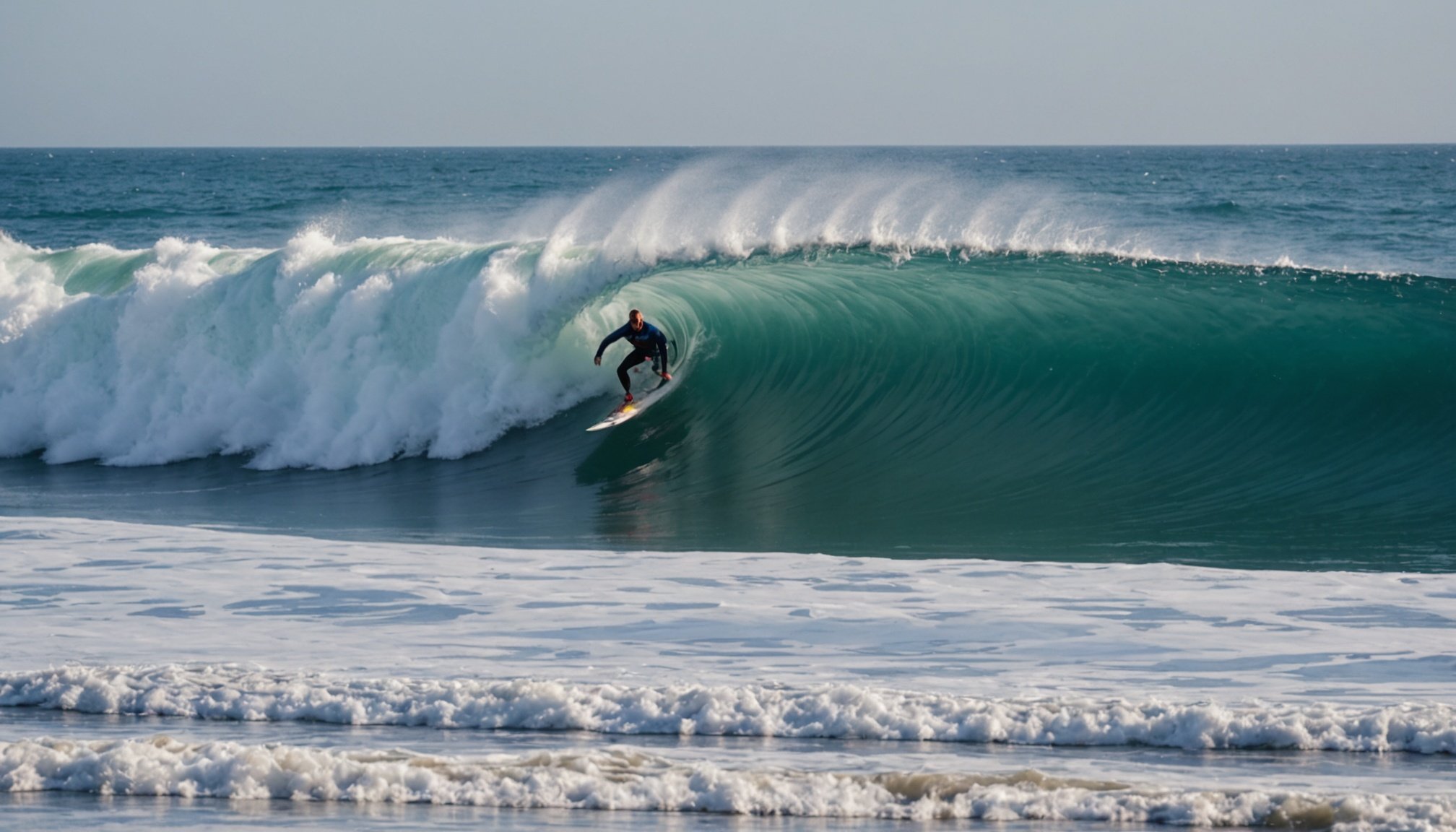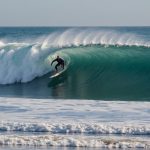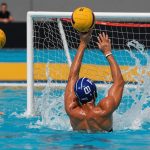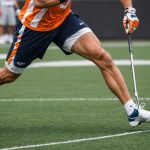Understanding Ocean Science in Surfing
The field of ocean science plays a crucial role in enhancing the skills of surfers through tailored surf coaching. The primary focus here includes understanding wave dynamics, which dictates the optimal time and place for surfing. Wave dynamics refers to the movement and energy of ocean waves, influenced by various factors such as wind speed, wind direction, and the ocean floor’s topography. Therefore, surfers aiming to catch the perfect wave must grasp these concepts to make informed decisions on when and where to surf.
Meteorology and tides are equally significant in shaping wave formation. Meteorological elements, such as prevailing winds and atmospheric pressure, influence wave strength and duration. A seasoned surf coach will often track weather patterns to predict ideal surfing conditions. Meanwhile, tides, resulting from gravitational interactions between the Earth, moon, and sun, drastically alter wave height and frequency throughout the day. Recognising tidal patterns can mean the difference between an exhilarating ride and a missed opportunity.
This might interest you : Find local pick up soccer games made easy with poteau
Ensuring a comprehensive understanding of these ocean science principles supports more effective and enjoyable surfing experiences. By mastering these aspects, surfers are better equipped to read the waves and adapt their approach accordingly, maximising both their safety and performance out on the water.
Techniques Used by UK Surf Coaches
Understanding the effectiveness of surf coaching techniques is key for aspiring surfers. UK surf coaches employ a diverse range of strategies to enhance their pupils’ skills. Central to these methodologies is expert wave selection, where coaches help surfers identify and choose the best waves to ride. This enhances the surfer’s ability to harness ocean conditions to their advantage.
Topic to read : Transforming sports training: how virtual reality is shaping the future of uk athletic teams
An innovative development in UK surf coaching is the integration of scientific data into their practices. Coaches analyse wave patterns, tides, and weather conditions to provide surfers with data-driven advice. This approach not only improves their technical skills but also their understanding of the oceanic environment, allowing for more informed and safer surfing experiences.
Moreover, the UK’s surf coaching scene is replete with case studies demonstrating the impact of these strategies. One notable case involved a coach using advanced video analysis to improve a surfer’s technique. By breaking down footage and providing visual feedback, the surfer enhanced their skillset significantly, showcasing the crucial role of technology in modern coaching methodologies.
In summary, UK surf coaches leverage a blend of traditional and scientific methods, aiding surfers in achieving competence and confidence in tackling the waves.
Scientific Principles Applied in Surf Coaching
In surf coaching, applying scientific principles is pivotal to enhancing both safety and performance. Among the key elements to consider are wave selection and understanding aspects of oceanography.
Ocean Currents and Their Impact on Waves
Ocean currents play a crucial role in the quality of waves experienced by surfers. Understanding these currents is essential for selecting the best waves, as they can either enhance or diminish wave size and power. Ocean currents can transport energy across vast distances, impacting wave formation and direction. Knowing how to read these currents can help surfers anticipate where the best breaks will occur, optimizing their time and effort in the water.
Wind Patterns and Their Influence on Surf Conditions
Wind patterns significantly affect surf conditions by influencing the size, shape, and direction of waves. Offshore winds, for instance, are generally desired as they help to sculpt cleaner, more well-defined waves. By analyzing the local wind patterns, surfers can predict the development of optimal days for riding waves, allowing them to plan their sessions accordingly.
Tide Cycles and Timing for Optimal Surfing
Tide cycles are another critical aspect that impacts wave height and form. Certain tides maximize wave quality, making it important to plan surf sessions accordingly. Knowing when the tides will be most favourable can make a significant difference in the surfing experience, contributing to both safety and enjoyment. Understanding these cycles ensures that surfers take full advantage of premium wave conditions.
Practical Tips for Surfers
To make the most out of your surfing sessions, understanding surfing tips rooted in ocean science can be invaluable. Knowing how to assess the conditions by studying tides, winds, and swells offers a clear edge. Practical wave selection strategies, informed by ocean science, play a crucial role in surfing.
Before heading out, assess the wave conditions. Observe factors like wave size, frequency, and shape. Small, consistent waves are ideal for beginners to practice their skills, whereas intermediate to advanced surfers might look for larger, more powerful breaks. Pay attention to local weather patterns and tidal changes, as these significantly impact wave quality.
When preparing to surf, equipment choices should align with the wave type. Shortboards are perfect for steep, fast waves, offering superior maneuverability. Conversely, longboards excel in smaller, gentler waves, providing stability and ease of paddling. Regardless of skill level, always prioritise safety; use a leash and consider wearing a wetsuit for protection against the elements.
Incorporating these practical surf preparation measures ensures not only a thrilling experience but also a safer and more educational journey into the waves. These insights help surfers make informed decisions, enhancing both their skillset and appreciation of the ocean’s dynamics.
Comparative Analysis of Coaching Methods Globally
Exploring global surf coaching unveils a fascinating array of comparative coaching methods that reflect both cultural nuances and differing environmental conditions. Surf coaching methodologies vary significantly across continents. For instance, in Australia, a strong emphasis is placed on ocean science, integrating detailed swell forecasting to teach surfers how to read waves. This approach contrasts with the Brazilian method, where the focus lies on agility and dynamic manoeuvres, tailored for their renowned beach breaks.
In the UK, surf coaching stands out for its structured methodology. UK coaches often adopt a systematic approach, incorporating progressive skill development and detailed feedback sessions. This method is honed to cater to various coastal conditions of the British Isles. Such structured formats differ from the more freestyle, experience-based approaches common in other countries.
Insights from international surfing authorities highlight the necessity of tailoring coaching to local environments and participant needs. Applications of ocean science are crucial, with international coaches stressing the importance of understanding wave behaviour and ocean currents. This scientific integration helps surfers optimize performance and improve safety. Moreover, embracing global perspectives allows for more comprehensive training, preparing surfers to adapt to broad wave types and conditions worldwide.











